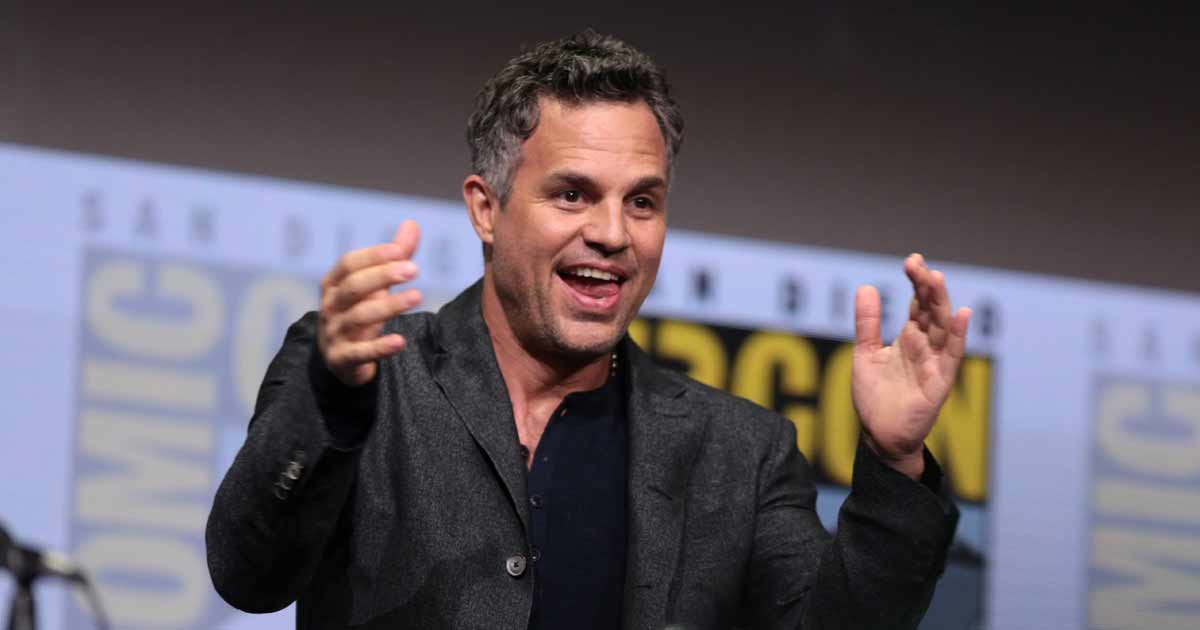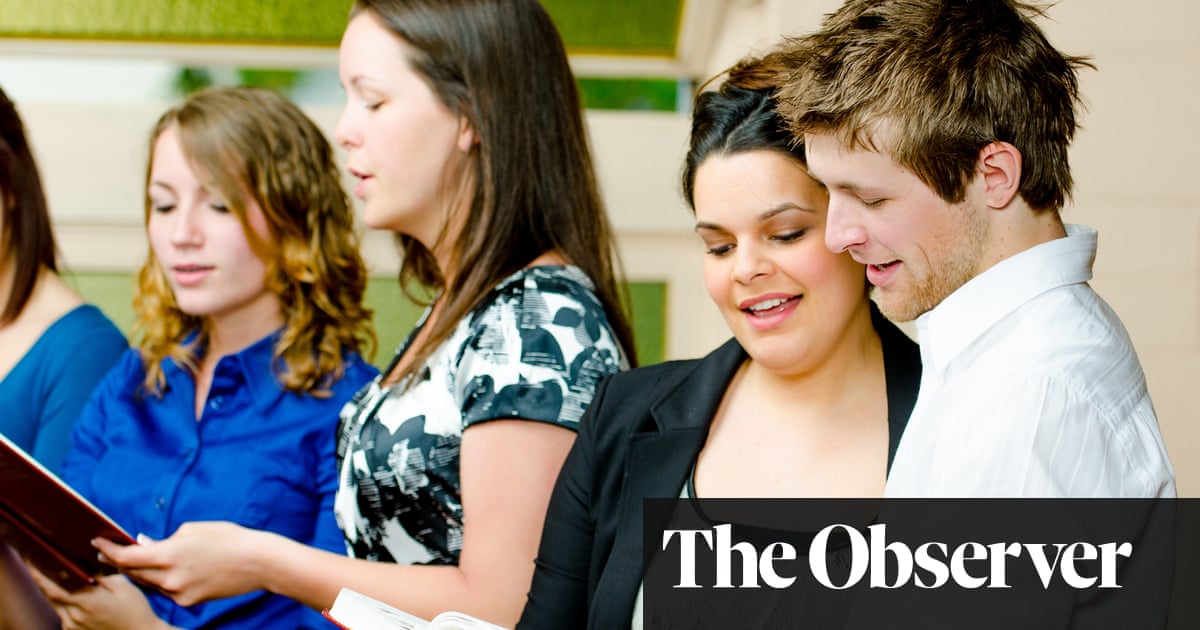The shifting relationship between state and religion has historically been a contested space, and the focus of much scholarship. It is important for observers to understand this unstable boundary, so that neither political nor religious actors undermine democratic freedoms. Calvin D. Ullrich, a theologian and philosopher of religion, examines the evolution of the state-religion context in South Africa.
South Africa is often referred to as a ‘secular state’. What’s the background?
The primary feature of a secular state is political secularism, which is the attempt to draw distinctions between state and religious institutions and their activities. According to this definition, political secularism did not exist in South Africa at the time it was established as a unified country in 1910. In other words, no meaningful differentiation was made between the mechanisms of statecraft and religious institutions. Instead they were conflated as a violent politics of racial rule became sanctioned by these institutions. This crystallised into the system of apartheid.
Religion, thus, played a prominent role in public life in the last century. Christianity in particular was influential in fostering an apartheid philosophy. On the other hand, lone voices within the Dutch Reformed Church (the religious home of apartheid’s engineers) as well as a broad interfaith movement and ecumenical churches became an organisational bulwark in the struggle for political freedom.
The role of religion in the anti-apartheid movement was also a positive force of resistance.
This was the case in the build-up to the negotiated consensus in the early 1990s before the transition of power to black majority rule. For example, the Kairos Document, written by black theologians, articulated a theological statement condemning what it called “state theology”. Crucially, it called for direct Christian participation in the struggle, including acts of civil disobedience.
Read more:
Christianity is changing in South Africa as pentecostal and indigenous churches grow – what’s behind the trend
How has the relationship between state and religion evolved?
By the time negotiations began to roll back apartheid in the mid 1980s to the mid 1990s there was an atmosphere of constitutionalism and human rights which had taken hold. This meant a more moderate and tolerant fashioning of the state’s relation to religion as opposed to a hardline anti-religious stance.
The final outcome of the intense multiparty negotiation processes was a constitutionally enshrined protection of religious freedoms. Under this arrangement the state would be secular. But this political secularism would still carve out a space for religious activity at a distance from the state.
For example, it would allow voluntary religious observances within state institutions, such as prayer in state schools. This is a unique constitutional development. It differs from secular states with established churches, for example in the United Kingdom, Denmark and Germany.
It is also a contrast from a Jeffersonian “wall of separation” in the US, which strongly prohibits any mixture of religion and politics. Neither is it akin to French laïcité, which stresses the importance of the non-display of religious symbols. It also bears no similarity with the older Marxist formations aggressively banning religion as such.
What’s happened since the dawn of democracy?
There are at least two consequences of the country’s formulation of political secularism in South Africa.
Religious surplus: The first is what I would like to refer to as the phenomenon of “religious surplus”, which is to say that religion is simply on the rise. In South Africa, like many African countries, religious affiliation has increased among the population.
According to the 2022 Census, the overwhelming majority (85.3%) identify as Christian, followed by African traditional religion (7.8%). These figures demonstrate an increase from the 2015 household survey by 2 percentage points and a 7 percentage point increase from the 2001 Census. Only 2.9% reported no affiliation in 2022.
Read more:
Watershed judgment clarifies limits of religion in South Africa’s public schools
Moreover, the important role of religion in people’s lives remains high. According to a World Value Survey, the highest levels of trust are accorded to religious organisations. The private sector or state are less trusted.
This helps us to see that, contrary to widely held opinions, official political secularism has almost no effect in making the public more secular. Or in other words, a progressive constitutional framework for state-religious relations in no way guarantees a more non-religious civil sphere. The significance of this can be seen in a second consequence.
Religious influence on political and public life: Given the vast constituencies that religious organisations command, the ebb and flow of religious influence on political and public life is therefore likely to continue.
Political leaders continue to openly court religious groups of more Pentecostal and Charismatic orientation to harness support and seek legitimacy. A good example here was former president Jacob Zuma’s relations with the large Rhema Bible Church in the run up to elections. This is now a trend among politicians across the spectrum during election cycles.
Conversely, it is noteworthy that the formerly constructive stance of the South African Council of Churches towards the ANC government has changed. The influential ecumenical body, once resistant to the apartheid regime, has since become one of the staunchest critics of the ruling party.
What does this suggest down the line?
Can politics and religion ever be clearly separated? This is a topic I have addressed in my own work. I have argued that the category of secularism no longer does the conceptual work it supposes. What this means is that to adjudicate the boundaries between what counts as “secular” and “religious” proves impossible when privately held beliefs necessarily inform motivations, values, and judgements. To advocate for political secularism, then, does not always ensure the reduction of religious influence in political life.
Therefore, secularism in South Africa won’t mean the absence of religion. Rather, political secularism will have to do with a tense negotiation between state and religious actors to control the boundaries of religion and politics.
Paying attention to these actor’s ambitions and strategies will be necessary to ensure constitutional freedoms remain upheld.







